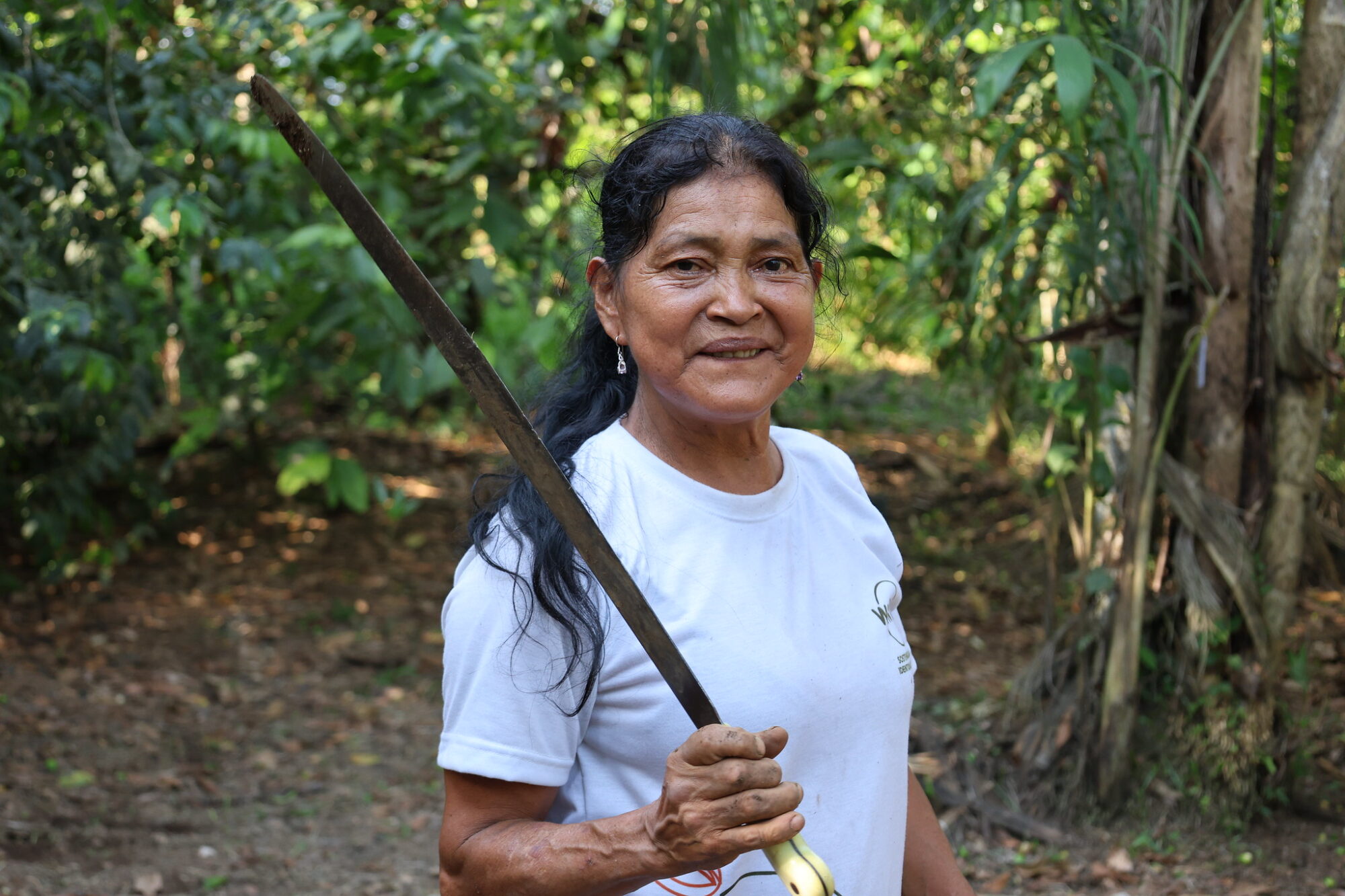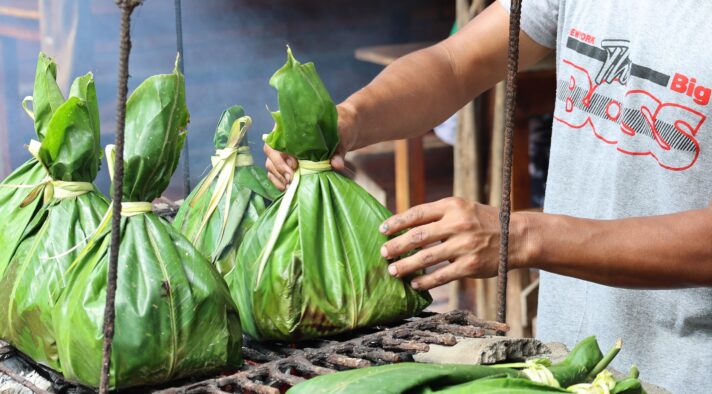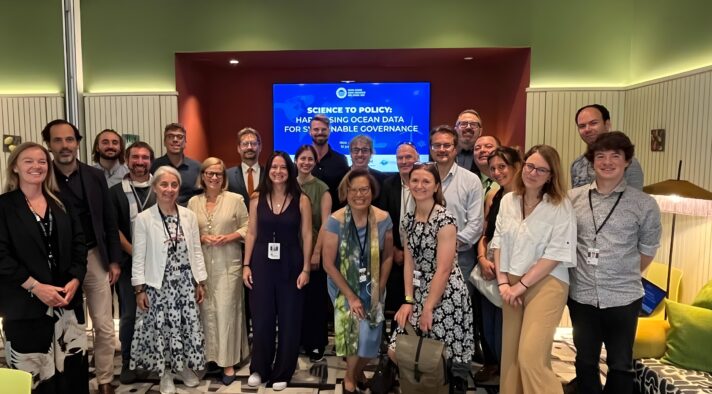As a partner of the UN Climate Change High-Level Champions’ Race to Resilience campaign, Regions4 is pleased to announce that several Regions4 and RegionsAdapt members have been spotlighted in the Climate Champions’ work for their leadership in Indigenous-led climate adaptation.
The UN Climate Champions’ latest article highlights how subnational governments are co-developing solutions with Indigenous Peoples to restore restoring ecosystems, strengthen food systems, and preserve cultural heritage – advancing just and locally rooted resilience. These inspiring stories exemplify the values of the RegionsAdapt initiative and the importance of raising frontline voices in global adaptation efforts.
The RegionsAdapt members featured for their work with Indigenous Peoples are Quebec (Canada), Yucatán (Mexico), Paraná (Brazil), Zamora Chinchipe (Ecuador). These regions have been contributing to Indigenous participation and social inclusion in planning and decision-making processes, Indigenous-led conservation and biodiversity management, and in reviving ancestral practices to strengthen resilient food systems.
We invite you to read the full news piece published on the UN Climate Champions’ website here: https://www.climatechampions.net/ip-day-seven/
About RegionsAdapt
RegionsAdapt is a global initiative coordinated by Regions4, driving 80+ regional governments to accelerate climate adaptation. By facilitating peer learning and international visibility, the initiative strengthens regional voices—particularly those working with Indigenous peoples, local communities, and other frontline actors. States, Provinces and Regions interested in joining RegionsAdapt and contributing to the Race to Resilience can connect here.
Race to Resilience
The Race to Resilience is a global campaign working to improve the resilience of four billion people to climate risk by 2030. It does this through a network of partners supporting locally led work in areas such as health, food, water and livelihoods. Learn more about the Race to Resilience.



